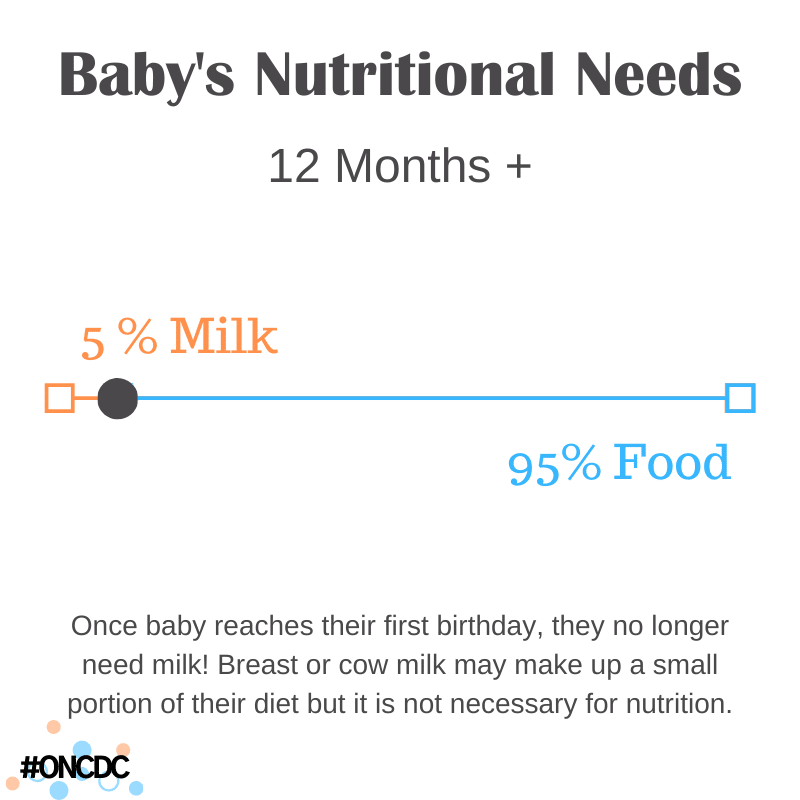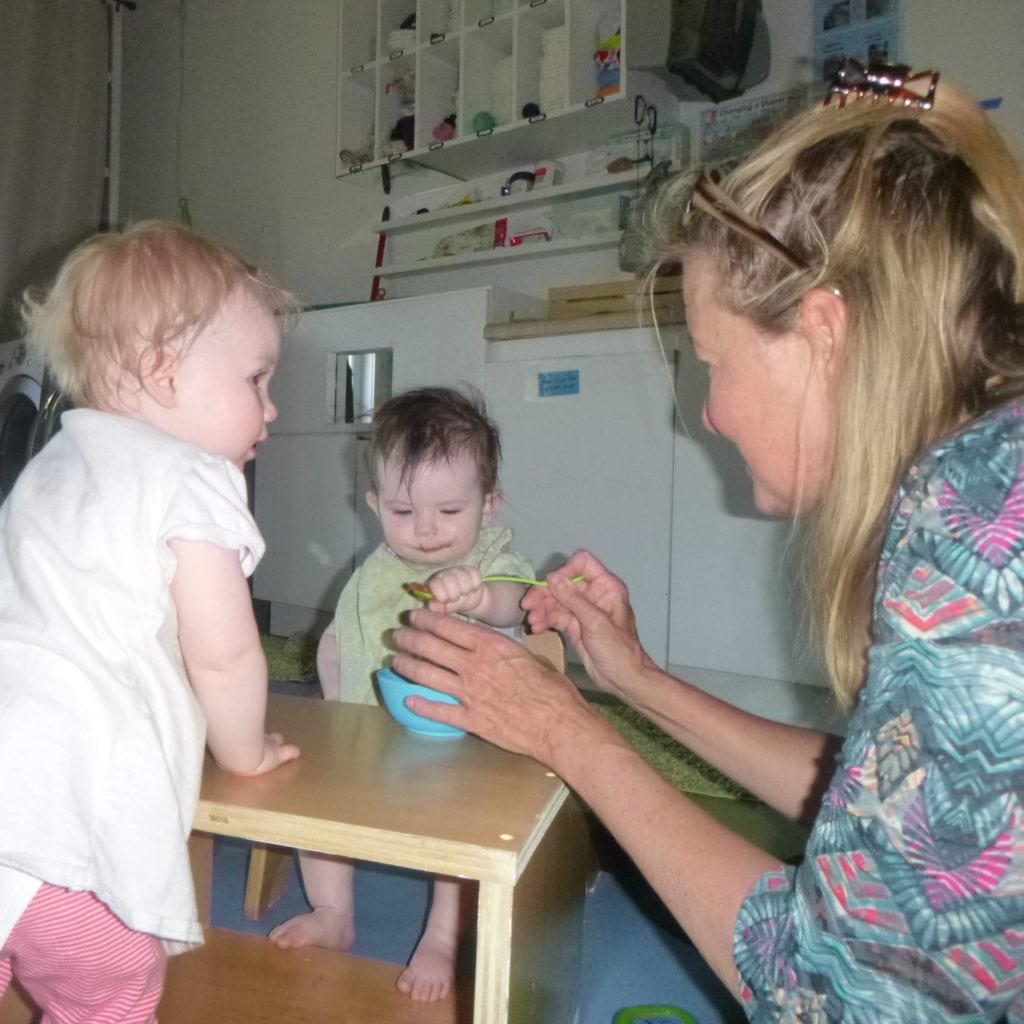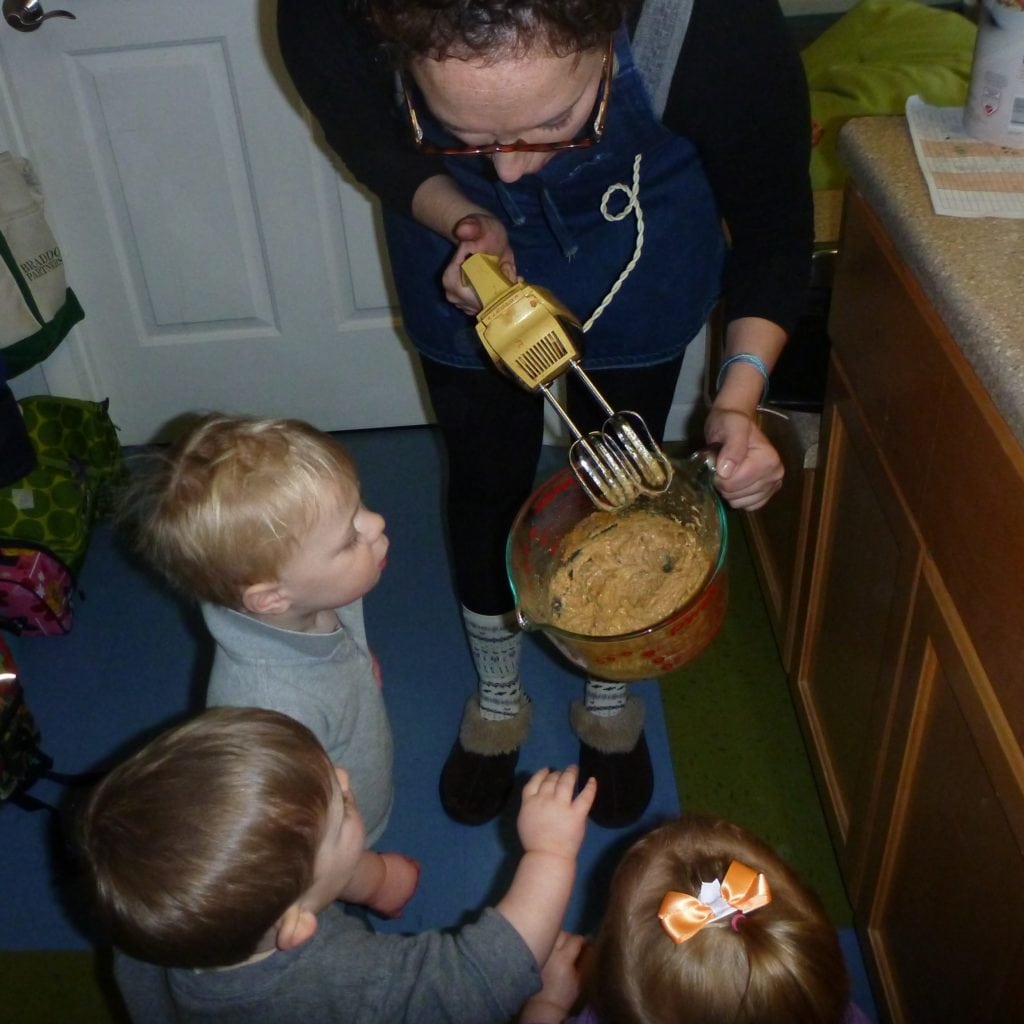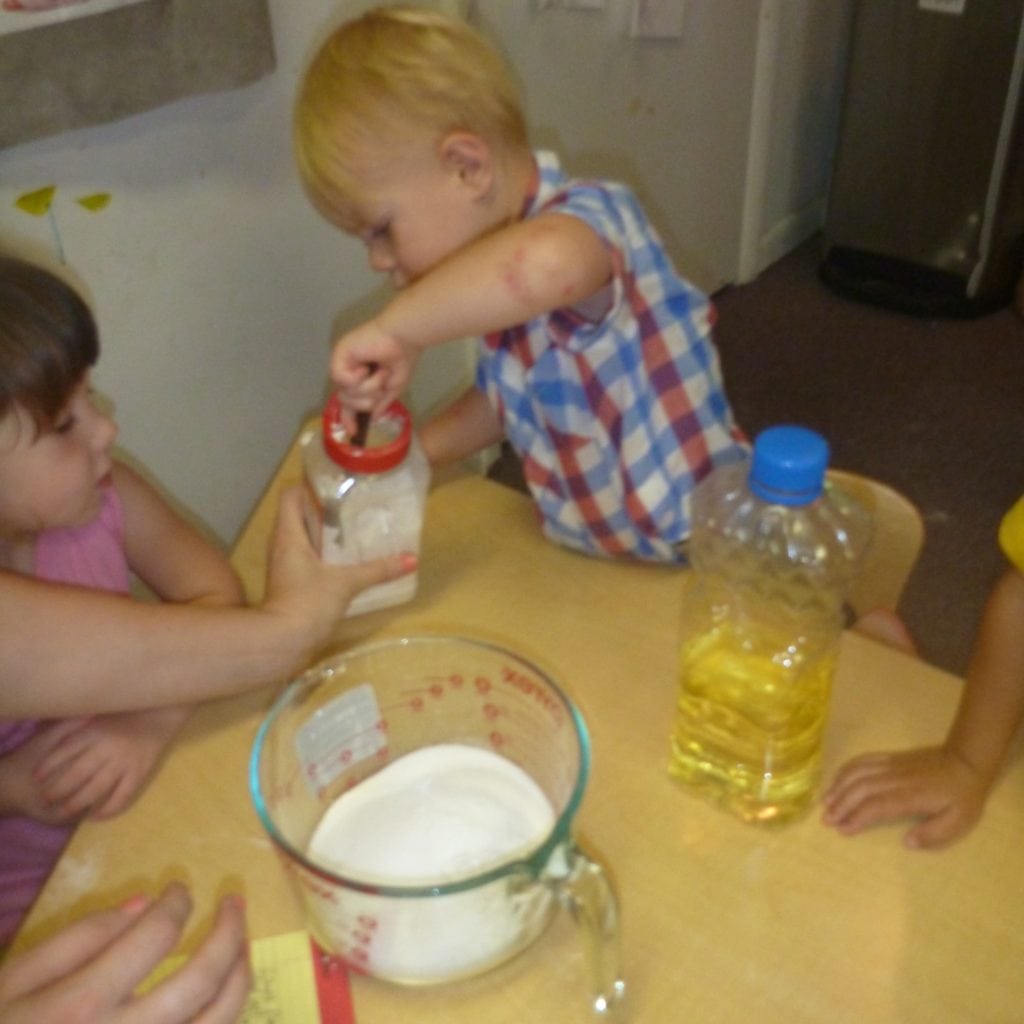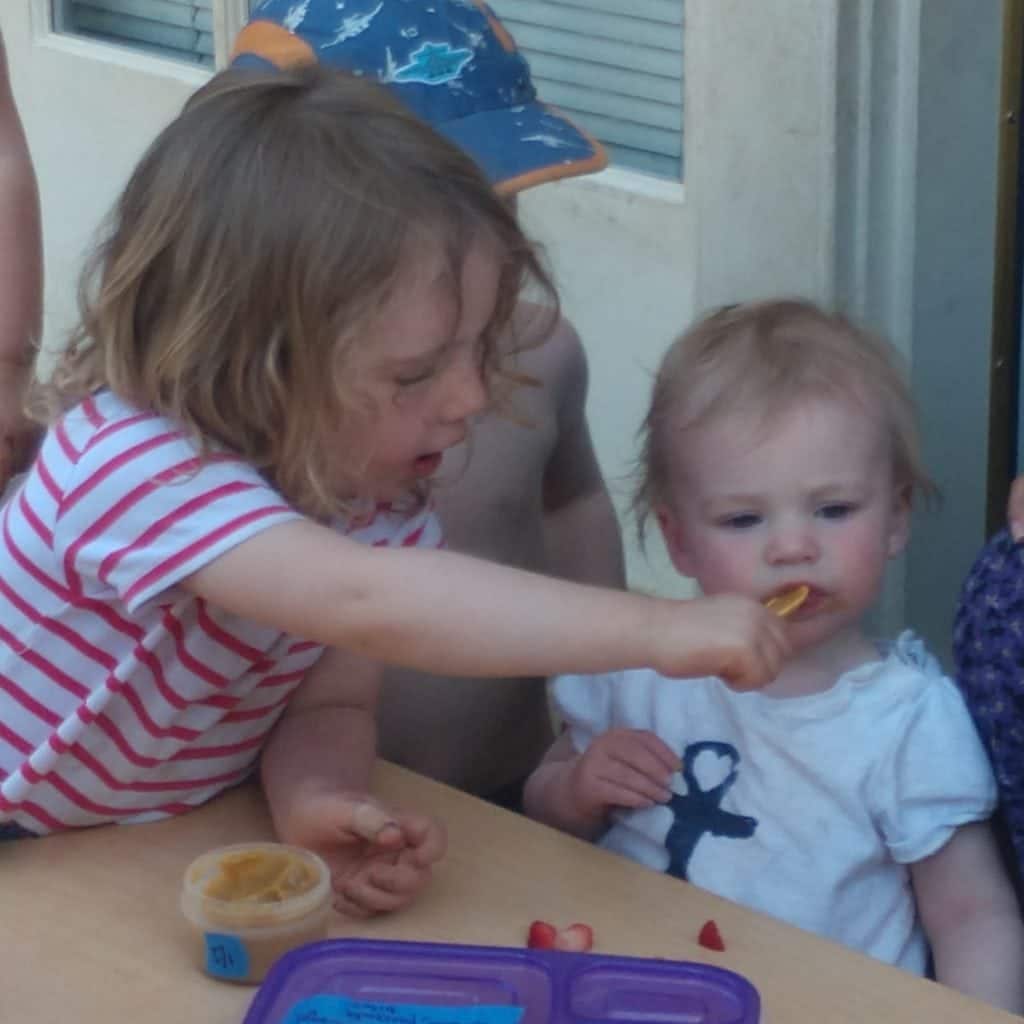Healthy Eating
From the ONCDC Blog
We welcome, support, and recommend chest feeding as long as it suits the mother and child. The World Health Organization (WHO) states from age 12-24 months up to 30% of children’s calories can come from human milk, however that is not a reality for most children in the United States. If you’re feeding and enjoying…
If you haven’t yet, it’s time to start your journey into food. After age six months, neither human milk nor formula have sufficient iron for baby’s nutritional needs. The extra calories and density of solid food may help your child to stay full longer and sleep in longer chunks. During this age, food will be…
Breast milk and formula remain necessary for baby’s diet through their first year but with the first birthday on the horizon you will begin to see a drop in milk consumption. If you are nursing and it is working well for you and baby, the World Health Organization recommends keeping it up through age two.…
Both table food and milk are essential to meet bigger demands for calories to support movement and growth. While many growth charts focus on calories per ounce of body weight, our experience is that as children begin to move, their desire for food and milk increases. For some, this increase in food demand may come…
You can start offering food between four and six months. Follow your child’s cues, if your child is noticing, reaching for, and curious about your food they may be ready. Earlier is not better, it is no rush. At this age food is all about exploration and it is not necessary for baby’s nutrition. Even…
Young babies do not need solid food. From a nutritional standpoint babies are getting all they need from their human milk or formula. It is also not recommended to give young infants water. Infants up to age six months do not need water and it could interfere with their sense of hunger and satiation. Solid…
Parent Question So basically the issue is that recently my 18 month old has become more and more resistant (and more and more frequently) to getting strapped into her high chair for meals. Sometimes she just fights it for a few seconds but once she’s strapped in and notices the food on the table in…
Involving children in the meal planning is not only going to help them make more food choices and give you an opportunity to teach them about healthy food, but will also help you to combat fussy eating and help children to contribute to the family. Young children can: Make a grocery list. Find things in…
We recommend introducing the concept of ‘sometimes food’. These are the treats, snacks, dessert etc, that you don’t want your children to become dependent on or accustomed to having every day. When a child asks you for a candy bar you simply say, “That’s a ‘sometimes food’. It tastes good but it doesn’t help our…
By about 9 months you can encourage different types of finger foods and begin to think about prioritizing family mealtimes. We recommend allowing children to try to feed themselves and assisting as necessary. Once children are eating well on their own, then you no longer need to feed them. We want children to learn to…

